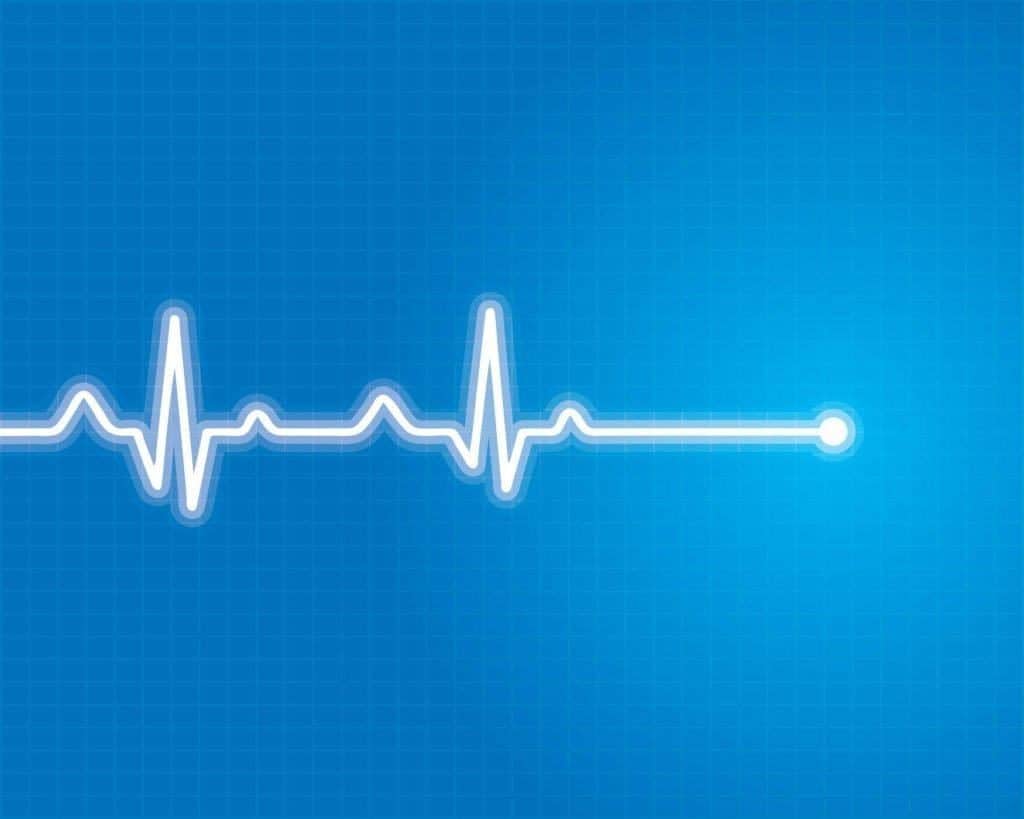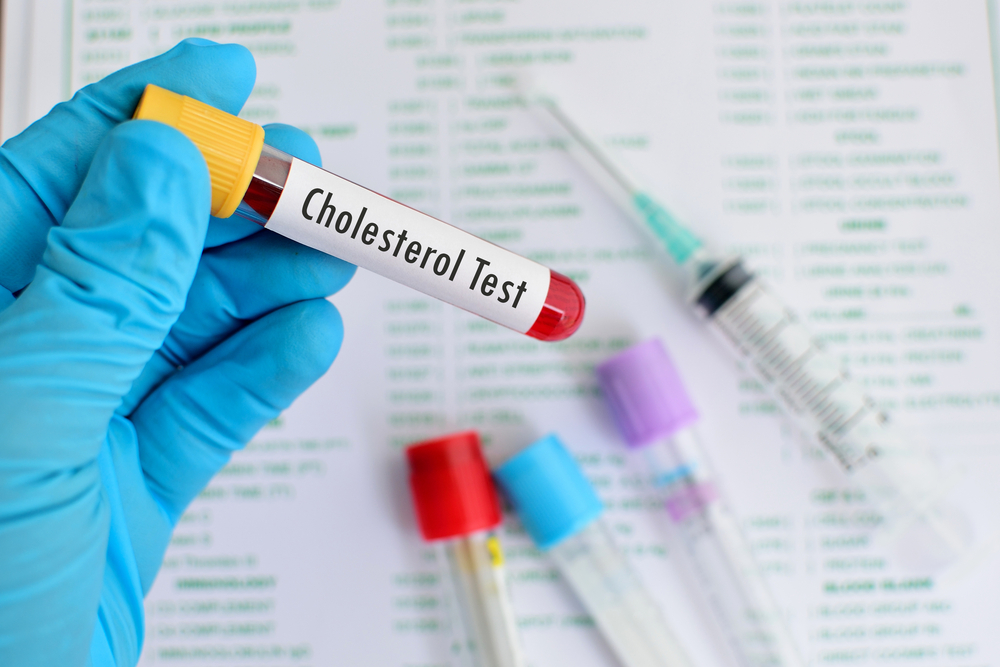Contents:
Medical Video: Blood Types
Definition
What is blood type?
With a blood type test, ABO and Rh antigens can be found in the donor's blood and the blood of the person who will receive it. This test is used to determine the blood type of pregnant women and newborns. ABO, Rh factor, and cross reaction are reviewed here.
ABO blood group system
Human blood is classified according to the presence or absence of antigens A and B. In membranes of type A red cells (RBCs) contain A antigens; group B erythrocyte membrane contains antigen B; blood group AB has A and B on the surface of the red blood cell membrane; and blood type O does not have A or B in the red blood cell membrane. Usually, a person's serum contains antibodies to healthy antigens on the surface of red blood cells. That means that antigen A (group A) has no anti-A; but they will have anti-B antibodies. This is the opposite of people who have B antigens. Blood type O will have anti-A and anti-B. These antibodies that fight against A and B antigens are formed in the first 3 months after birth when dismantling the same antigen on the surface of red blood cells in the stomach bacteria.
Blood transfusion means giving blood from one person to another. It is important for donor recipients not to have antibodies against donor erythrocytes. If this occurs, this can cause a hypersensitivity reaction, which causes mild fever or hypersensitivity with serious intravascular hemolysis.
People with blood type O are thought to be able to give blood to all blood groups (to the public) because there are no antigens in their blood cells. People with blood type AB are considered able to accept all groups because they do not have antibodies that respond to transfusions. Blood type O often transfuses in emergency situations, in cases of rapid and life-threatening blood loss, and for patients who need immediate blood transfusion. Cases of transfusion reactions rarely occur when using blood type O. Newborns and women should receive a negative O blood type, and men often get a positive O blood type when an emergency blood transfusion is done before a cross reaction occurs.
The ABO blood group does not require its own blood transfusion (blood is given to patients for several weeks before a large transfusion or blood transfusion after surgery). But in many hospitals, ABO tests are performed for patients who need a blood supply to continue transfusion when needed.
Antigen antibodies to the blood group:
| Blood group | Antigen |
| A | A |
| B | B |
| AB (recipient) | A, B |
| O (donor) | There is no |
Rh factor
The presence or absence of Rh antigens on the surface of red blood cells determines the classification of whether your Rh is positive or negative. In addition to the compatibility of the ABO blood group, Rh antigen is the next important thing for the success of blood transfusion. The important element of Rh is Rho (D). There are also some less important Rh factors. Without Rho (D), Rh antigens (which are less important) are used for tests. If negative, the patient is considered as Rh negative (Rh-).
Other blood type systems
There are 9 different genetic codes when analyzing blood samples. Many of them are less important and do not significantly influence clinical determination. But in some clinical cases, even less important blood antigens can be important. This often occurs when blood transfusions for patients with leukemia or lymphoma.
Multiple microarray PCR analysis can be identified for several variants associated with the blood type system and is very useful in monitoring patients.
When do I have to undergo blood type?
Blood tests are used to determine a patient's blood group before giving or receiving blood and for determining blood type in people who want to have children to assess the risk of incompatible mother and child Rh.
Situations that require blood transfusion, namely:
- severe anemia and anemia such as sickle cell disease and thalassemia (congenital hemolytic disease)
- bleeding during or after surgery
- injury
- losing a lot of blood
- cancer or the effects of chemotherapy
- hematological pathology or hemophilia (disorders of blood clotting)
Blood tests can also be used when someone wants to donate organs, tissues, or bone marrow, or people who want to donate blood. This test is one of many tests carried out to determine the compatibility between donors and donor recipients. Sometimes blood tests are carried out as part of the process of determining offspring.
Prevention & warning
What should I know before undergoing blood type?
Besides antigens A and B, blood has many different antigens. Having a rare blood type is a major problem when you need a blood transfusion.
If transfusion of the blood group is not compatible with the patient's blood type, there will be a transfusion reaction.
It is important for you to understand warnings and precautions before carrying out this test. If you have questions, please consult your doctor for further information and instructions.
Process
What should I do before undergoing blood type?
- You should listen to your doctor's explanation for the test
- You don't need fasting or special preparation before the test is done
What is the process of blood type?
- installed elastic belt on the hand to stop bleeding
- clean the injection area with alcohol
- inject a needle into a vein. Can be injected more than once if necessary
- attach the hose to drain the blood
- release the hose after getting enough blood
- put a bandage or cotton pad on the injection shot
The doctor or nurse will:
- collect blood samples in a tube
- avoid hemolysis
- label the blood tube properly before being put into the laboratory
What should I do after undergoing blood type?
You will not feel sick when injected. In some people, they may feel pain like being pierced with a needle. But when the needle is in a blood vessel and starts to suck up blood, most people don't feel sick anymore. Generally, the level of pain depends on the ability of the nurse, the situation of the arteries, and your sensitivity to pain.
After taking blood, you need to use a bandage and press it slowly on the tip of the needle to stop the bleeding. You will return to normal activities after this test.
If you have questions about the process, please consult with your doctor to better understand your instructions.
Explanation of Test Results
What do the test results mean?
Determine ABO blood group
If your blood cells remain intact when mixed with:
- serum containing antibodies against A antigens, you have blood type A
- serum containing antibodies against B antigens, you have a blood group B
- both serums contain antibodies that fight antigens A and B, you have blood type AB
- if your blood cells don't clot when you add serum A and B antibodies, you have blood type O
Backup identification
- if blood cells only remain intact when blood type B is added to the sample, you have blood type A
- if blood cells only remain intact when blood type A is added to the sample, you have blood type B
- if blood cells only remain intact when blood group A or B is added, you have blood type O
- if the blood cell breaks down when blood group A or B is added to the sample, you have an AB blood type
Rh factor
- if your blood cells can mix with antibodies against Rh, you have Rh positive blood
- if your blood cells cannot mix when combined with antibodies against Rh, you have Rh negative blood
Please consult with your doctor the questions you have about your results.
Hello Health Group does not provide medical advice, diagnosis or treatment.











